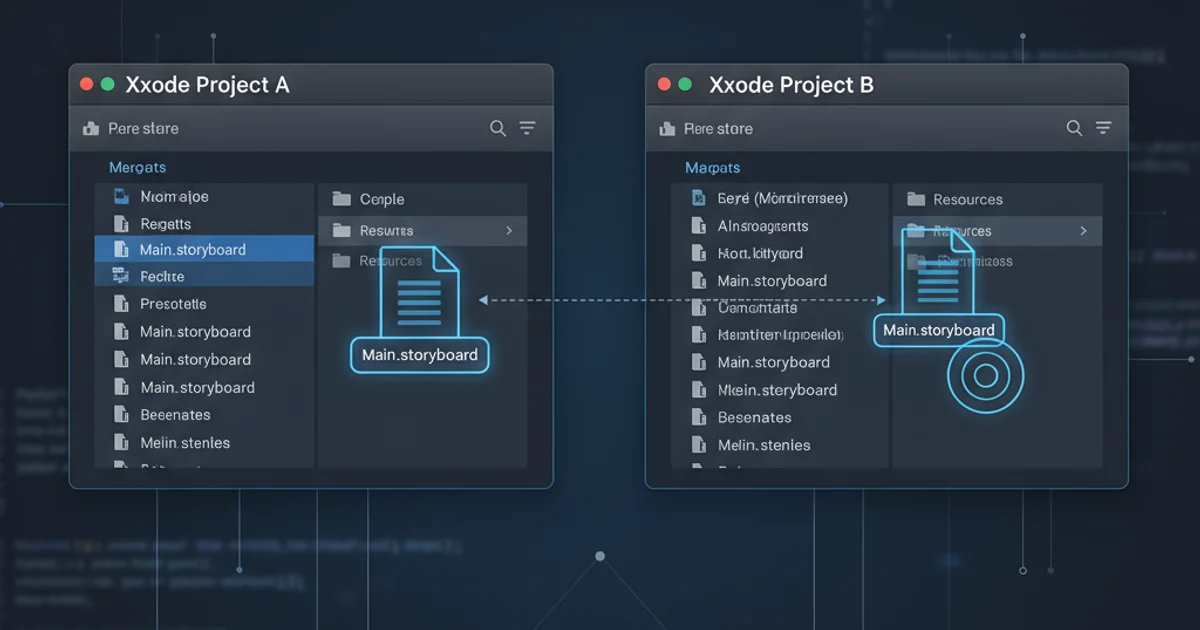Calling a function in main
Categories:
Mastering Function Calls in C++ main

Learn the fundamentals of defining and calling functions within the main function in C++, a crucial skill for structured and modular programming.
In C++, the main function serves as the entry point for every program. While it's possible to write all your code directly within main, this quickly leads to unmanageable and unreadable programs. Functions allow you to break down complex tasks into smaller, reusable, and more organized units. This article will guide you through the process of defining functions and effectively calling them from your main function.
Understanding Function Declaration and Definition
Before you can call a function, the compiler needs to know about it. This involves two main parts: the function declaration (or prototype) and the function definition.
Function Declaration: A declaration tells the compiler the function's name, return type, and the types of its parameters. It acts as a promise that the function will be defined elsewhere. Declarations are typically placed before main or in header files.
Function Definition: The definition provides the actual implementation (the code) of the function. It must match the declaration in terms of return type, name, and parameters.
#include <iostream>
// Function Declaration (Prototype)
void greetUser(std::string name);
// Function Definition
void greetUser(std::string name) {
std::cout << "Hello, " << name << "! Welcome to the program." << std::endl;
}
int main() {
// Calling the function
greetUser("Alice");
greetUser("Bob");
return 0;
}
Example of function declaration, definition, and calls in main.
main or in a header file to ensure the compiler knows about them when main attempts to call them. This is especially important if the function's definition appears after main.Passing Arguments and Receiving Return Values
Functions can accept input values, known as arguments, and can return a result. This mechanism allows functions to perform calculations or operations on specific data and provide an output.
Passing Arguments: When you call a function, you pass arguments that correspond to the function's parameters. These arguments can be variables, literals, or expressions.
Return Values: Functions can return a single value using the return keyword. The return type specified in the function declaration determines the type of value that can be returned. If a function doesn't return a value, its return type should be void.
#include <iostream>
// Function Declaration with return type and parameters
int add(int a, int b);
// Function Definition
int add(int a, int b) {
return a + b;
}
int main() {
int num1 = 10;
int num2 = 20;
// Calling the function and storing its return value
int sum = add(num1, num2);
std::cout << "The sum is: " << sum << std::endl;
// Calling with literal values
std::cout << "Another sum is: " << add(5, 7) << std::endl;
return 0;
}
Function add taking two integers and returning their sum.
flowchart TD
A[Start Program (main)] --> B{"Call function (e.g., `greetUser`)"}
B --> C{Pass Arguments (if any)}
C --> D[Execute Function Body]
D --> E{Return Value (if any)}
E --> F[Continue main execution]
F --> G[End Program]Flowchart illustrating the process of calling a function from main.
Best Practices for Function Calls
Adhering to best practices ensures your code remains clean, efficient, and easy to maintain:
- Meaningful Names: Give functions and parameters descriptive names that clearly indicate their purpose.
- Single Responsibility: Each function should ideally perform one specific task. This makes functions easier to test and reuse.
- Minimize Side Effects: Functions should primarily operate on their input arguments and return a result, rather than modifying global state directly.
- Use
constfor Read-Only Parameters: If a function receives an argument that it shouldn't modify, declare it asconstto enforce this and improve code clarity. - Function Overloading: C++ allows you to define multiple functions with the same name but different parameter lists (number or types of parameters). This is known as function overloading and can be useful for functions that perform similar operations on different data types.